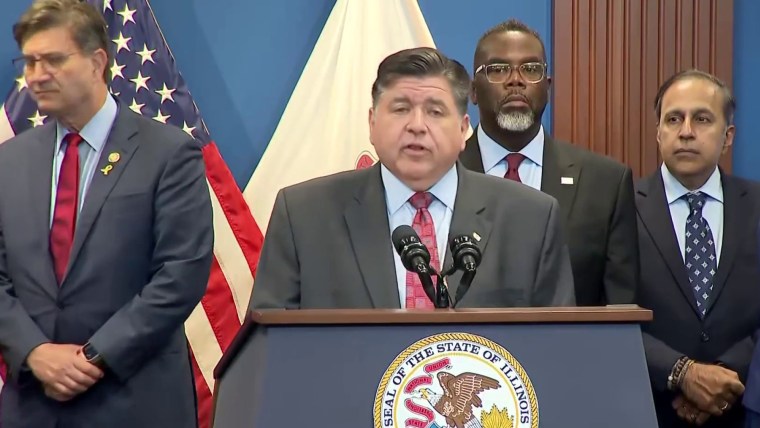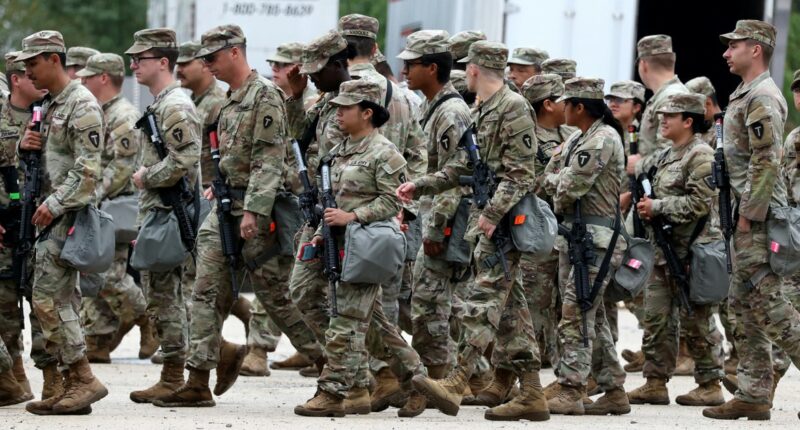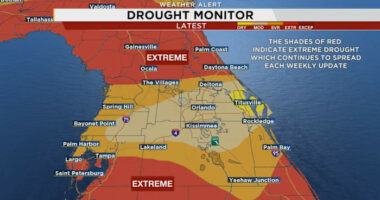Share this @internewscast.com
The Trump administration made a swift appeal to the Supreme Court on Friday, seeking authorization to deploy National Guard troops in Illinois. This request stems from the claim that these forces are crucial for safeguarding federal agents involved in immigration enforcement activities.
This appeal follows a series of setbacks in lower courts, with the 7th U.S. Circuit Court of Appeals in Chicago recently upholding a decision against the administration’s initiative.
In the latest court documents, Solicitor General D. John Sauer argued on behalf of the government, highlighting instances where federal agents have faced threats and assaults in Chicago and Broadview, a suburb housing an immigration facility.
Sauer’s statements reflect President Donald Trump’s severe rhetoric concerning the local situation, which has been vigorously disputed by local officials. He emphasized that federal agencies are compelled to function under a “constant threat of mob violence.”

President Trump invoked a federal statute that empowers him to deploy the National Guard in circumstances where enforcing the law is challenging or when there exists a “rebellion or danger of rebellion.”
Sauer asserted that the current situation meets both of these criteria, justifying the call for military intervention.
Lower courts disagreed.
U.S. District Judge April Perry questioned the government’s version of events, saying she had “found no credible evidence that there is a danger of rebellion in the state of Illinois.”
Likewise, the appeals court said “the facts do not justify the president’s actions in Illinois.”
Trump has frequently turned to the Supreme Court, which has a 6-3 conservative majority, when lower courts have thwarted his aggressive use of executive power. In most cases, the high court has ruled in his favor.










